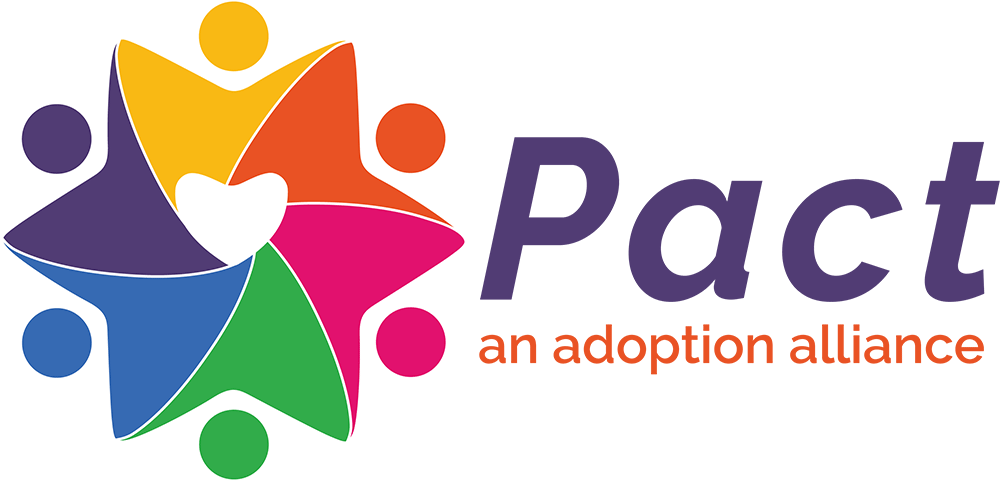by Amanda Baden
2018
Ten things I need from those who love me to feel supported as an adoptee of color:
- Empathy and humility.
As an adoptee of color, a psychologist, an educator, and a parent, I have learned that the most valuable gift you can give to others is empathy for their experience. For optimal results, pair empathy with non-judgmental attitudes. Attempts to understand others’ experiences and a willingness to believe and validate their perceptions—especially around oppression due to race and gender—can be invaluable to adoptees of color. Empathy, or the ability to feel what others feel, is vital to building relationships. Adoptees, in particular, benefit from the understanding and validation that empathy provides.
- Understand that the ambiguous loss and unresolved grief many adoptees experience is complicated by transracial adoption.
- No power struggles! Don’t get in power struggles with me over race because it makes me feel more distant and invalidated. Recognize that as a person of color, I have knowledge and experience that you may not possess. Trust that I am right.
Adoptees of color must negotiate a series of difficult challenges. Race, culture and adoption were all salient for me when I was growing up. However, the process by which adoptees of color like me navigate this journey can be very complex. Some factors affecting the course of that journey are the reactions and responses of others to our sometimes shifting identities. In addition to empathy from friends and family, we often need others to suspend their judgments of us, to take feedback non-defensively, and to commit to becoming allies.
- Be an ally. Recognize your own privilege and use it to advocate for the oppressed.
- Recognize that the personal is political—if you don’t see the racial politics that feel personal to me, see #1 above.
One of the most important ways to gain the trust of adoptees of color is to commit to becoming an ally. Recognize that if you do something like defend white supremacy or criticize Black Lives Matter, we will take that personally. The political climate in this country feels personal to many of us. Now more than any time in my lifetime, the political climate is dividing families, and adoptees of color fear for their safety and their citizenship status in the U.S. We want our families and friends to understand and be sensitive to the very real implications that current events have on us. We also want our families and friends to think about the ways in which they speak about our ethnic groups.
- Make friends of color, including adults and families of color (not just with other transracial adoptive families).
- Really try to see my race and ethnicity. You cannot make me an honorary white person no matter how hard you try.
- When our adoptions are framed as rescues, it makes adoptees feel like projects and not family members.
- Recognize that I’m a person of color and I’m not some “exception” to your idea of what Asians or Chinese people are really like.
- Be careful and sensitive about the way you talk about my birth country/culture/ethnic group—your words, non-verbal cues, and judgments affect me in more ways than you know.
Adoptees of color go through a range of emotions and attitudes toward their own racial and ethnic group identities. This can often be complicated by the ways in which others, especially family members and friends, talk about people with whom we share ethnic or racial heritage. Too often, I’ve heard adoptees of color talk about friends or even family members saying, “No offense” or “I forget that you’re Asian” (or Latinx or Black) or “You’re one of us,” as though these are compliments. This, even as that same friend negatively stereotypes other Asian, Latinx, or Black people. Adoptees in the early stages of their racial identity journeys may initially take such comments as compliments, but as they gain awareness, they may also ultimately recognize those comments as microaggressions. Adoptees of color will feel more supported if those who commit microaggressions are able to humbly accept that they commit microaggressions, both racial and adoptive, and take responsibility for their actions without “excusing” their behavior.
Life is full of opportunities to learn and grow. Understanding and accepting that all of us are limited in our experiences is the key to beginning to accept responsibility when we make mistakes or inaccurate assumptions. Being able to non-defensively acknowledge when we err and accept accountability for our mistakes can help build trust and strengthen relationships with adoptees of color.
My list is a tall order for families and friends, but as with many goals, the items are intended to be aspirational and motivational. As an adoptee of color, the support I feel will grow exponentially with the effort and understanding of my family, community, and society.
Amanda L. Baden, Ph.D. is a Professor at Montclair State University (NJ) and a licensed psychologist with a practice in New York City. She was the recipient of the John D. Black Award in 2014 for the Outstanding Practice of Counseling Psychology and was named the Outstanding Graduate Advisor for Montclair State University in 2017. She is a member of State the Board of Psychology for New York State, on the Advisory Board for the Rudd Adoption Research Program at the University of Massachusetts-Amherst. She has published numerous articles and book chapters focusing on transracial and international adoption identity, counseling for adoptees and birth parents, and racial and cultural issues in adoption. She is an adult adoptee from Hong Kong and an adoptive parent.
